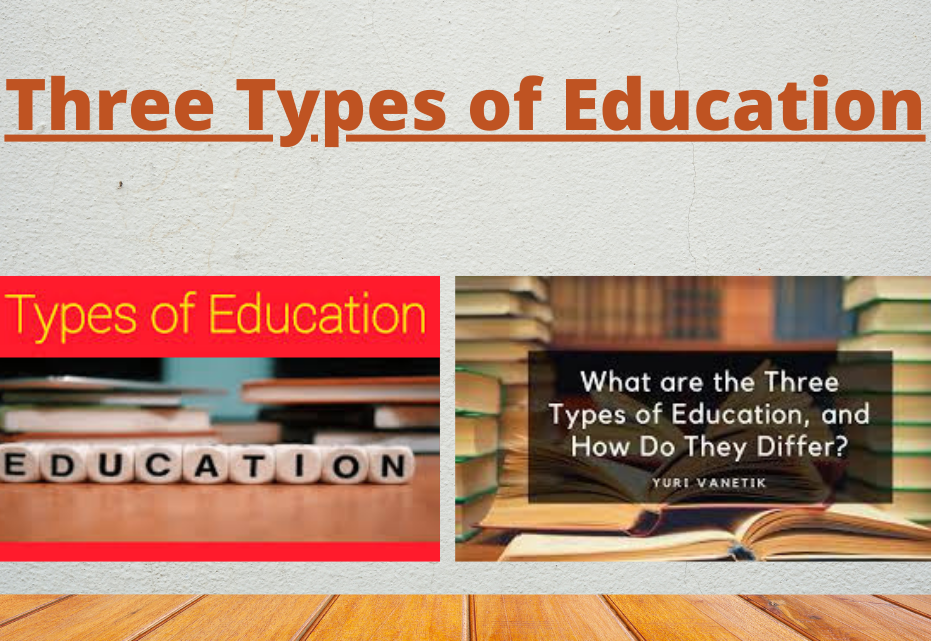Despite being smart enough to attempt it, your high school might not offer courses for college preparation. Your family might not have the funds to pay for tutors and exam preparation. In fact, you might be working an after-school job to assist with the bills, which cuts into your study time. Additionally, if no one in your family has ever attended college, there is no one with whom you can speak about specific benefits and expectations to guide your selection.
In order to narrow opportunity gaps like these, college bridge programs were created. By fostering suitable study habits, mental preparedness, and postsecondary course instruction, they help students get accustomed to the college experience.
Read on to learn more about bridge programs and why they might be for you.
Also Read: why classical education is bad
What Are College-Level Bridge Programs?
Bridge programs come in a variety of shapes, but they all have the same objective: to offer extra academic and psychological assistance to students from low-income homes in order to help them successfully navigate the college experience.
Whatever the academic requirements, bridge programs aid in preparing students for knowledge at the next level. Bridge programs can aid in the licensure or certification process as well as help students obtain experience in the classroom or at work. They also help kids adjust to any difficulties they may encounter in the classroom. Bridge programs are crucial for people who want to progress in their professions fast, in general. For instance, ADN to BSN bridge programs help graduates with a nursing diploma or associate degree in nursing (ADN) apply for registered nurse (RN) licensure but devoting more time to obtaining a Bachelor of Science in Nursing (BSN) can have benefits. Those with a BSN might anticipate better salaries, greater employment options, and career promotion. The majority of acute care facilities and public health organizations only employ BSN nurses.
Some or all of the following are carried out by particular college bridge programs:
- Work together with schools to offer academic coaching and tutoring
- Addressing frequent problems with solutions Poor kids have to deal with
- Provide assistance, resources, and mentoring
- Give students who have earned an associate degree and wish to transfer to a four-year university transitional support.
- Provide valuable classroom or workplace experiences for pupils.
- Encourage pupils to adjust to the academic difficulties they encounter as college students.
- Teach pupils the necessary social skills to succeed in college.
- teach pupils how to successfully take notes and study
Who Are Bridge Programs For?
Bridge programs are generally intended for students from low-income families. Some are made especially for a certain race or ethnicity. The programs are aimed at students at different stages of their academic training:
- To engage students in a college-preparatory atmosphere from a young age, some bridge programs collaborate with students as early as elementary school. These programs form relationships with schools and work with students as early as elementary school.
- Some bridge programs are designed specifically to assist high school juniors in the second semester with the college application process, including the creation of college lists and the drafting of college essays.
- Upper-level high school students and those who have just been accepted into a specific college or university can benefit from summer bridging programs, which are frequently associated with that institution. Undergraduates participating in these programs may receive continuous assistance in the form of mentoring programs, internships, and other opportunities.
- Some bridge programs are the result of a partnership between the local community college and a four-year university.
Are You A Good Fit For These Programs?
The question of whether or not to bridge is one that cannot be answered in a general sense. Since technical and community college tuition is typically less expensive than that at four-year universities, bridging can be extremely cost-effective from a financial standpoint. This can help students who have the opportunity of living at home rent-free develop a wise strategy for paying for their undergraduate education.
There is probably a bridge program available for you if you are eligible for the free lunch program. If you’re an ethnic minority or first-generation college student, you might be eligible to participate in a college bridging program regardless of your family’s financial situation.
To take part in a bridge program, you’ll also require the following:
- A high GPA. While this requirement differs from program to program, the majority strive to help college-bound students who have a history of academic excellence.
- An openness to shifting your priorities. You can prepare for college by enrolling in a college bridge program. You’ll be required to create a study program and practice critical thinking. You will therefore need to be prepared to put your academic goals ahead of your social obligations and possess the maturity to buck peer pressure.
- Parental support. You’re headed to college, which undoubtedly excites your parents. But do they agree to lessen your responsibilities at home so you have more time to fit in the extra work and commitment? Their behavior might also need to change.
- Supportive professors and staff. High school is often a second home for many students, and you probably already have a favorite professor, coach, or administrator. That person can be a fantastic second line of defense for you, encouraging you through times of doubt or discouragement.
How Do I Apply For A College Bridge Program?
Finding out what programs are offered in your area is a fantastic first step if you’re still in high school. To learn more about additional college programming, such as college bridging programs, speak with your college counselor. Additionally, they can aid you in the application procedure.
Conclusion
There is probably a good college bridge program out there for you if you are a low-income, first-generation, or minority student. Some of them get funding from the federal government and have broad, all-encompassing goals. Others are limited cohort programs created to help students at a specific college or university. These initiatives all share a desire to broaden access to education. Diversity in boardrooms, hospitals, universities, and government agencies may seem like a buzzword, but it is crucial for success.
Also Read: Top Best E Book Libraries of the world










